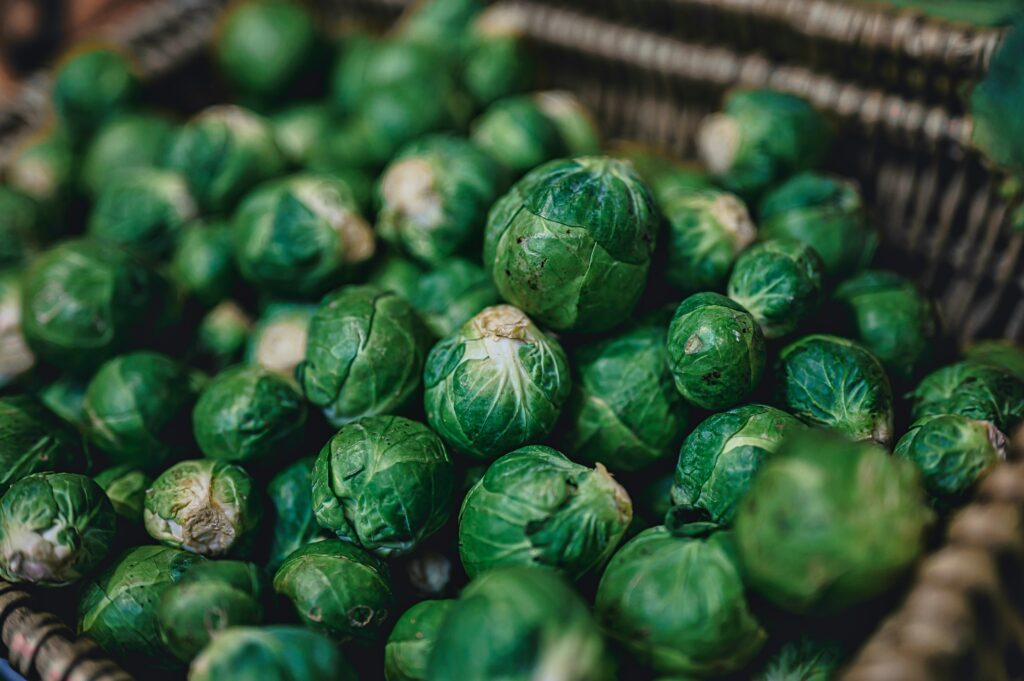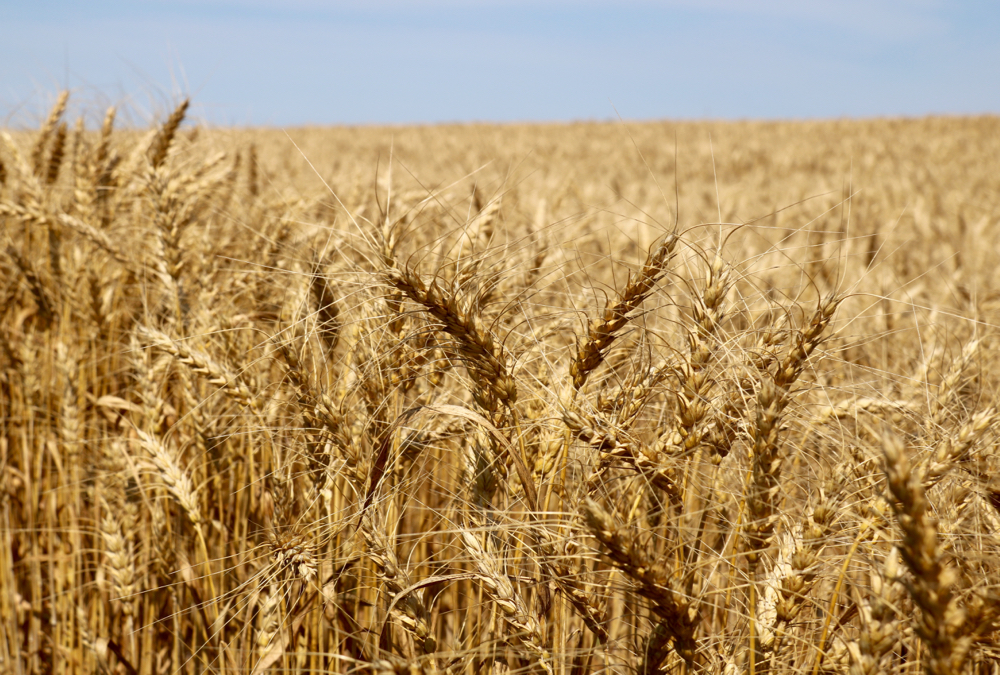From CO2Science: Introducing their work, Li et al. (2020) write that although winter wheat can survive some low temperatures, it “is very sensitive to low-temperature stress during the early seedling stage before winter.” And in this regard they note “ice formation in plant tissues causes dehydration, which causes damage to the cell wall and plasma membrane, hence leading to cell disruption (loss of membrane integrity and leakage of solute), loss of organelle integrity and cell regionalization,” all of which actions significantly affect the stability of the cell ultrastructure. Additionally, low-temperature stress reduces photosynthesis and limits energy supply to plant defenses, resulting in an overproduction of reactive oxygen species. Against this backdrop, Li et al. wondered if elevated CO2, which is known to enhance plant photosynthesis and reduce oxidative stress, might reduce the negative impacts of low-temperature stress on winter wheat.
Paper reviewed: Li, H., Liu, S., Guo, J., Liu, F., Song, F. and Li, X. 2020. Effect of the transgenerational exposure to elevated CO2 on low temperature tolerance of winter wheat: Chloroplast ultrastructure and carbohydrate metabolism. Journal of Agronomy and Crop Science, DOI: 10.1111/jac.12443
And so they set out to answer this question by focusing on temperature-induced modifications of both chloroplast ultrastructure and carbohydrate metabolism. The experiment was conducted in growth chambers under a controlled environment of ambient (400 ppm) or elevated (800 ppm) CO2 concentrations and day/night temperatures of 25°C/16°C. After 53 days, half the plants in each CO2 treatment were subjected to low-temperature stress (0°C temperatures) for 14 hours.
In summarizing their key findings, the authors report that elevated CO2 increased the number of grana lamellae and the amount of osmiophilic lipid droplets in the chloroplast, “attenuating the negative effect of low temperature on chloroplast ultrastructure.” Plants grown in the 800 ppm CO2 treatment were found to have consumed more starch, which consumption helped “to generate osmo-regulating substances to prevent low-temperature damage.” CO2 enrichment also increased the production of antioxidant enzymes (relative to ambient CO2 plants) to counter reactive oxygen species’ damage. What is more, proline concentration, which enhances water holding capacity while decreasing the freezing point, was significantly greater in plants in the elevated CO2 treatment. Similarly, the concentration of total soluble sugars was enhanced by elevated CO2, which accumulation also “improves the ability of water retention through enhancing osmotic pressure in tissues.”
Commenting on these several findings, Li et al. thus conclude that exposure to elevated CO2 improves the low-temperature tolerance of wheat by “maintaining stability of chloroplast ultrastructure, enhancing activities of antioxidant enzymes and concentrations of osmotic substances, and modifying the sucrose metabolism in leaves.”


